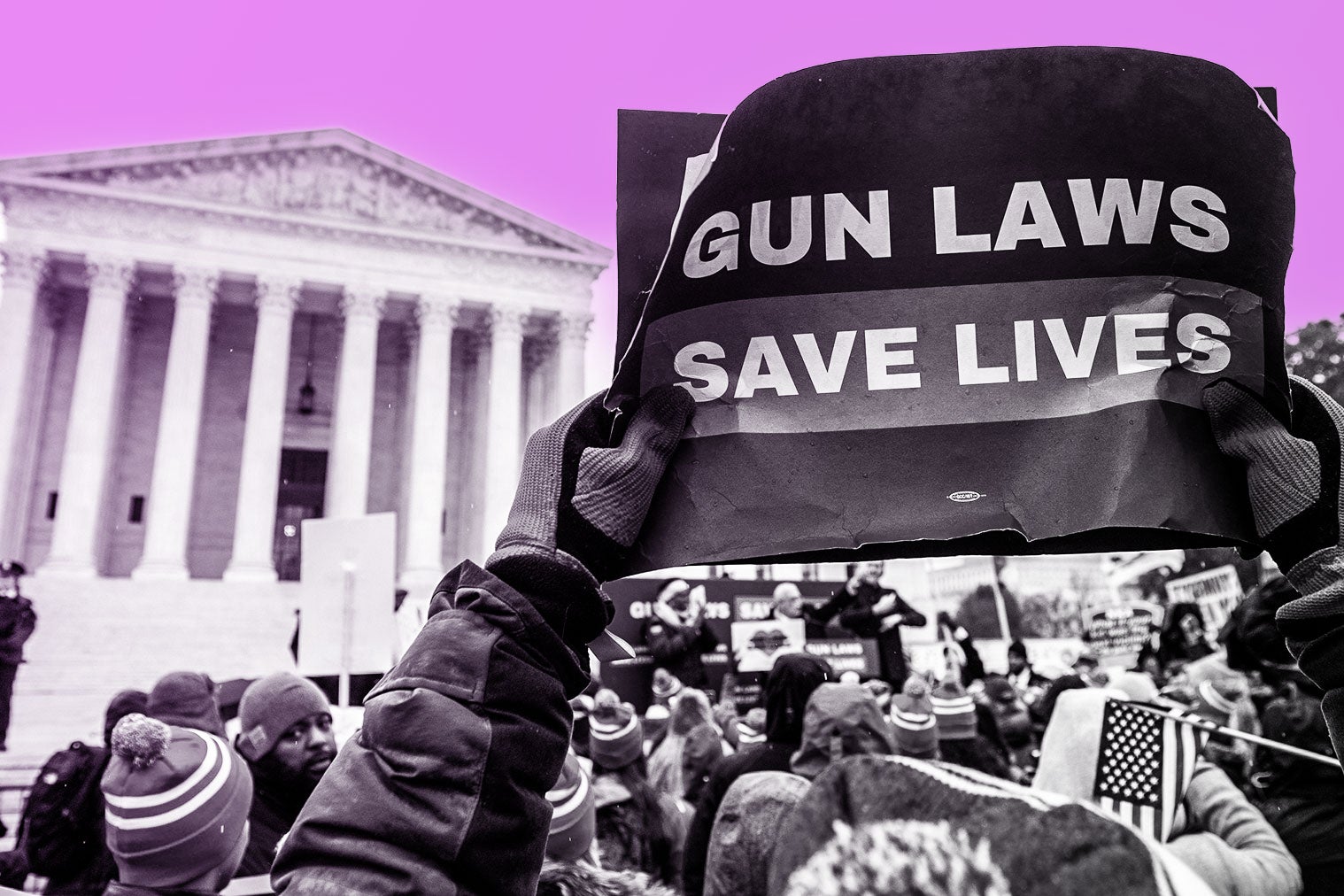Haiti's Turgeau Emergency Center Suspends Services As Gang Violence Escalates
Doctors Without Borders halts operations in Haiti after gunfire targets evacuation convoy, highlighting escalating gang violence affecting healthcare in Port-au-Prince.
Overview
Doctors Without Borders announced the suspension of services at Turgeau Emergency Center in Port-au-Prince, Haiti, following gunfire aimed at its convoy evacuating staff. This incident underscores the severe gang violence plaguing the city, where gangs control 85% of the territory. The organization noted that it has previously suspended operations at the same facility due to security concerns. With more than 5,600 fatalities reported last year linked to gang violence, this situation reflects a critical humanitarian crisis impacting healthcare access in the region, further exacerbated by the lack of safety for medical personnel.
Content generated by AI—learn more or report issue.

Get both sides in 5 minutes with our daily newsletter.
Analysis
- The surge in gang violence in Haiti has led to the temporary closure of critical medical facilities, jeopardizing healthcare for many, which illustrates the severe impact of lawlessness in the nation.
- The FDA is struggling to adapt to a return-to-office mandate, facing chaos due to logistical issues, highlighting challenges within federal agencies following a period of remote work.
- Economic forecasts indicate a potential recession exacerbated by current trade policies; uncertainty and protectionism are negatively affecting investment and consumption.
Articles (4)
Center (3)
FAQ
Gangs currently control approximately 85% of Port-au-Prince, significantly impacting the city's security and stability.
Gang violence has severely disrupted healthcare services in Haiti, with attacks on hospitals and medical staff forcing organizations like MSF to suspend operations temporarily. Only 37% of health facilities in Port-au-Prince are fully functional.
The ongoing violence has led to significant displacement, with over 1 million people internally displaced. It also exacerbates food insecurity, limits access to basic necessities, and increases the risk of disease outbreaks, particularly with the approaching rainy season.
International organizations like MSF and Project HOPE are providing critical health services, emergency care, and humanitarian assistance. However, their efforts are often hindered by security concerns and funding challenges.
History
- This story does not have any previous versions.


